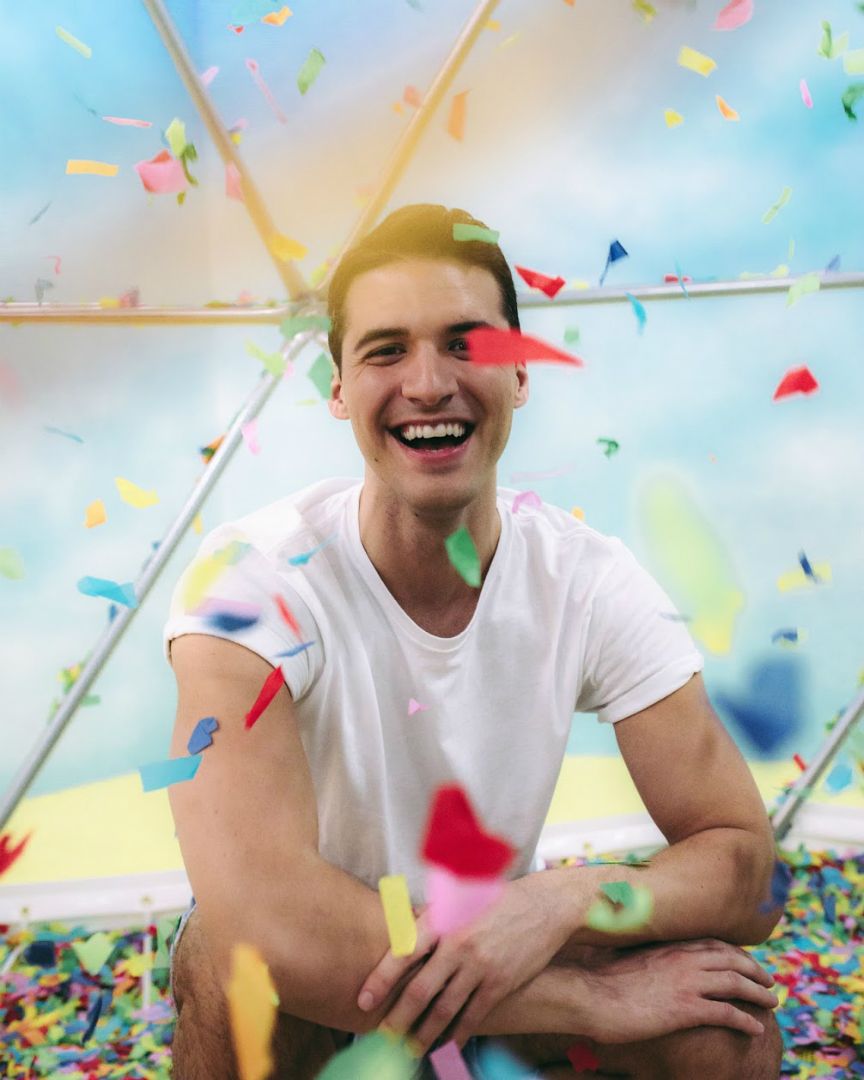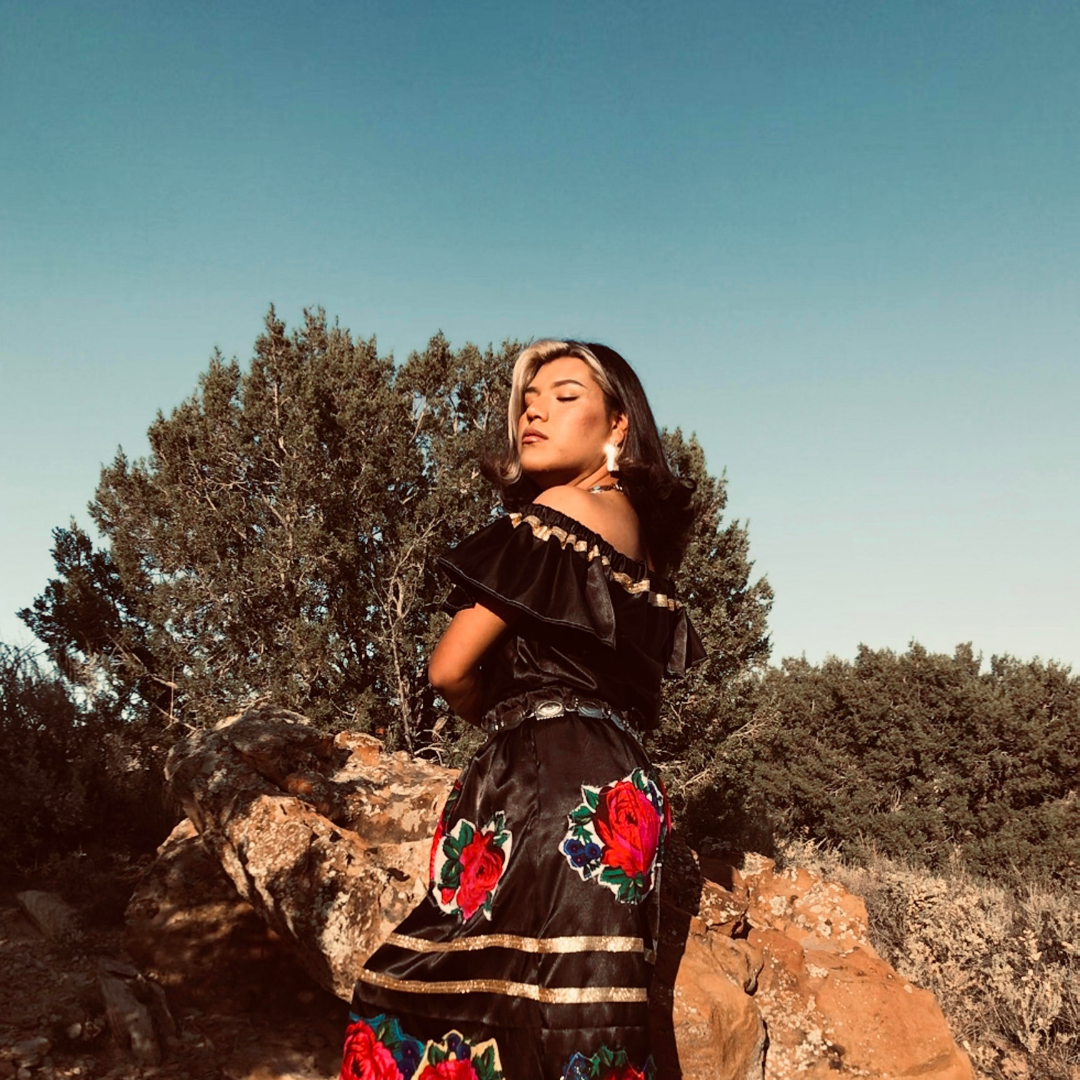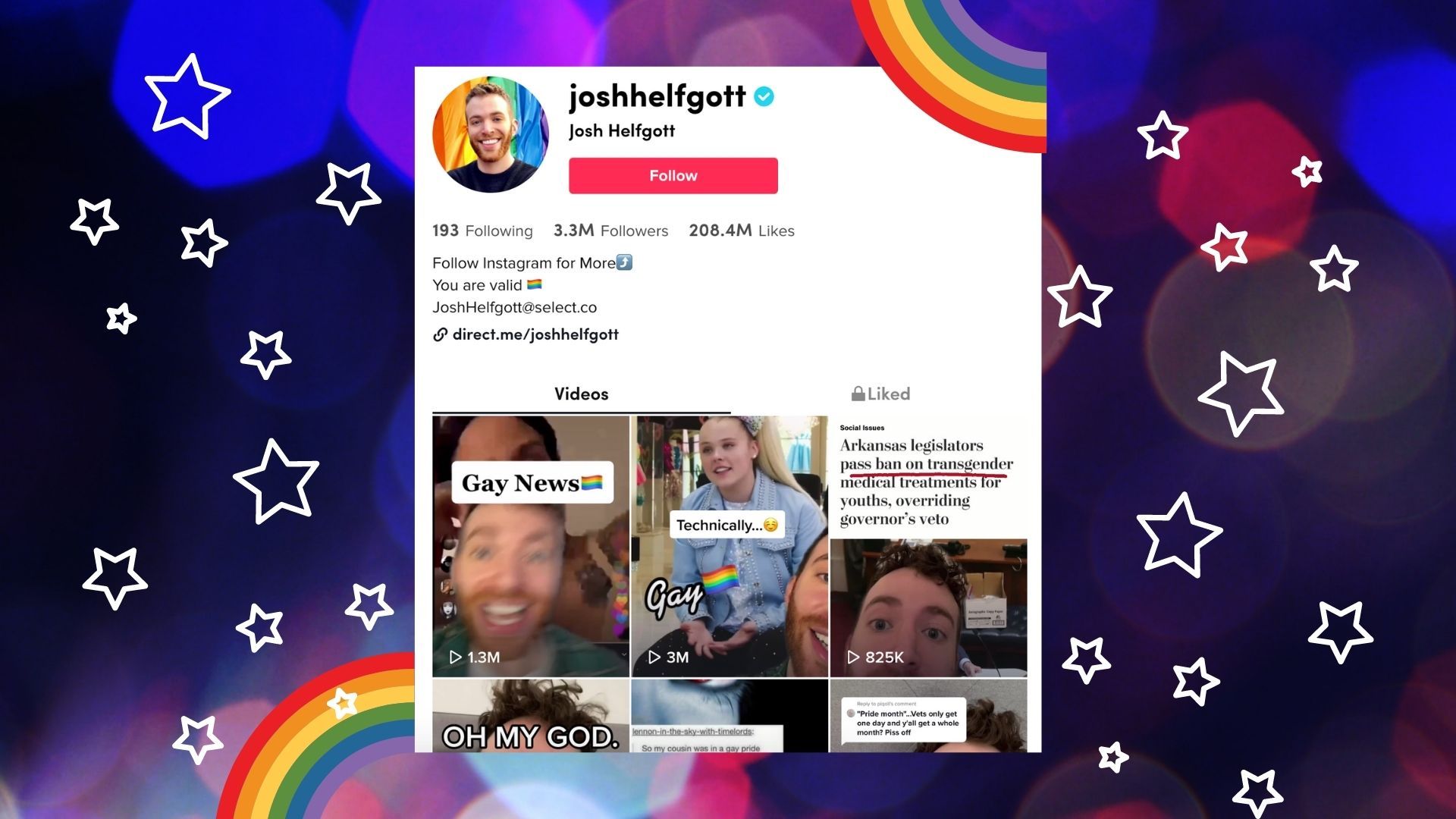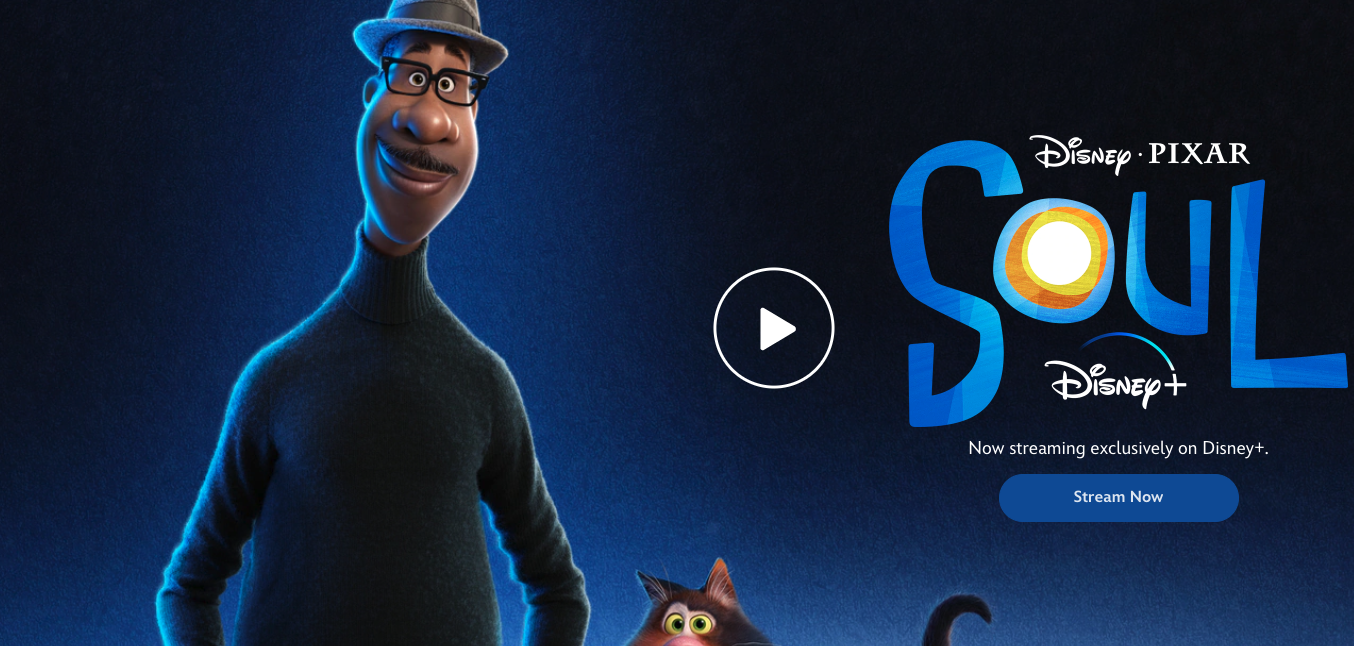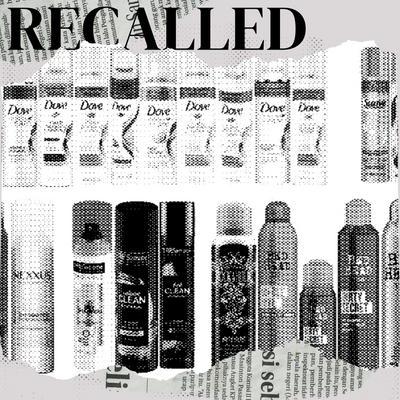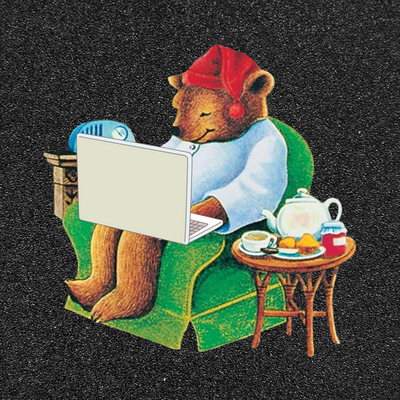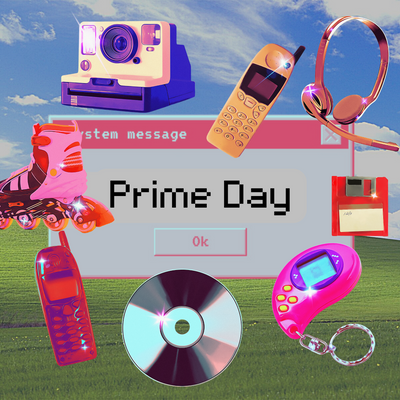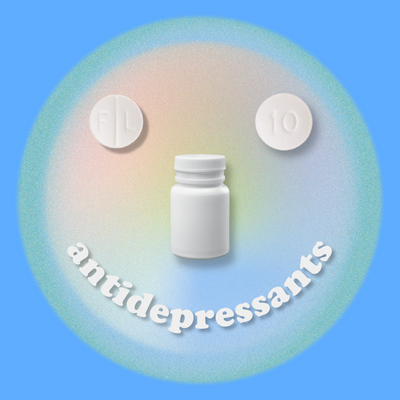The internet lit up last summer when, ahead of its premiere, the official Twitter account for the Disney+ series Loki posted a teaser trailer. In a literal “blink and you’ll miss it” moment (or should I say “don’t enlarge and squint and you’ll miss it” moment), at the very beginning of the 18-second clip, an intake form for Loki lists their sex as fluid. Now, I get why many were incredibly excited by this acknowledgment of the character’s already canon-established gender.
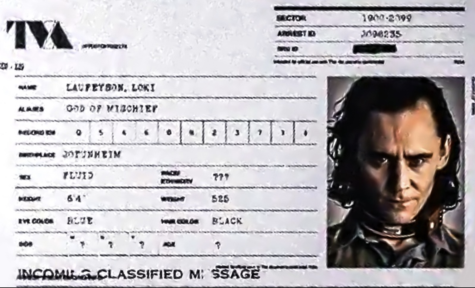
Representation is paramount when it comes to media depictions of the queer community, especially for trans folks. Because if the broader society can’t see them in their entertainment options, they usually don’t see them at all — and it doesn’t get any broader than Marvel these days. But what really miffed me was that when the show actually began airing, the so-called “representation” we were promised was given literally one line of dialogue and then largely overshadowed by a heteronormative love story.
And while so many online continued praising Disney for this act of inclusion, I found myself listening to the same reductive, lazy tune as always when it comes to queer representation in cinema. I’m not going to debate with you whether or not Loki’s gender fluidity is canon for the Marvel Cinematic Universe, but only because it literally is not. Loki’s gender was not revealed until after they were killed off within the cinematic universe. The Disney+ series, Loki, takes place in an alternate — and separate — universe from the films in which they never died.
This may be semantics to you but what is crystal clear is that there was no hint of the character’s queer identity within the cinematic universe while they existed in the main films. In fact, while gender fluidity means just that you don’t have a fixed gender, over the course of six films, Loki is referred to exclusively by he/him pronouns and male descriptors by their brother, father, mother, and even themselves. This means, at best, Disney and Kevin Feige forgot to include this element of the character’s persona in any of the six films in which they appear (three of which revolve almost exclusively around the character), or at worst, they actively ignored it.
What really grinds my gears, though, is the way Disney is being lavished with support by the queer community for doing the absolute bare minimum (and honestly not even that) when, for years, they’ve traded on harmful stereotypes about the gay community to code many of their villains as evil. Disney, in particular, has a lot of work to do to balance the picture of the queer community that they’ve put out into the world for decades. And I’m sorry, but throw-away characters like that guy from Cruella (try and name him, I dare you), whose sexuality literally doesn’t even come up — not even in passing — are not doing the trick. Neither are other barely there “sprinklings of queer” Disney has become notorious for in recent years. This reluctance to depict a main character in any of its properties as explicitly queer seems to be a pattern on Disney’s part. When they had the opportunity to go there with “Love, Victor,” the critically acclaimed coming-of-age series about a young, gay Latinx character, they moved it from Disney+ to Hulu at the last minute claiming the show’s content was too mature for its family audience. Having watched the series, take my word for it; it’s about as PG as a series about teens can get. Have you seen Euphoria or the new Gossip Girl?
Amidst growing calls to make Frozen’s Elsa character Disney’s first gay princess, the house of mouse has remained particularly mum. And should you think Disney simply ignores this sort of online chatter about their animated characters, I’d like to remind you that this is the same company that once released a whole-ass statement announcing one of their princesses was not Latinx. Wrap your head around that one.
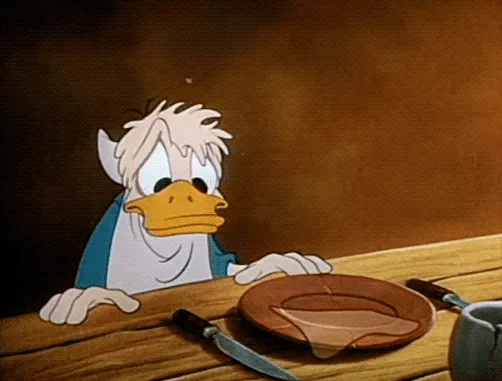
A huge part of the reason Disney, and other brands, are able to get away with this non-committed approach to queer characters is because they know our community is so eager for representation that we will literally accept any wink or nod they give to us. This approach allows them to maintain their conservative, heartland base of support (which they increasingly need) and gives us queers just enough hints to let our imaginations do the work for them.
Case and point: Two characters from possibly the straightest movie ever released (minus the inclusion of my own personal god, Tig Nataro), Netflix’s Army of The Dead, became a trending topic after many gay men online began shipping a romance between the two that was completely absent within the film itself. See how easy it is for them? They literally don’t even have to try to win us over. And that’s on us.
We, as a queer community, need to stop projecting queerness wherever we want to see it and begin demanding true, honest depictions of gayness in the properties that we support. Same-gender loving gayness. Non-binary and gender-fluid characters who actually use they, them pronouns and speak about their identities.
Our queerness is not something that should be hinted at or guessed. It’s part of what makes us unique and beautiful and should not be relegated to Twitter speculation and Reddit threads. As long as we continue to accept these scraps of queer representation, we allow Hollywood to continue to pick and choose which aspects of queerness their audience must engage with. Let’s force them to see all of us, not just the parts divorced from who we are.
READ MORE LIKE THIS
